Meet the Narrators of Chelsea


Meet the Narrators of Chelsea




We spoke to 20 individuals who are first- or second-generation Americans, born into Jewish immigrant families that settled in the Greater Boston area in the early twentieth century. As children and grandchildren of immigrants, they describe the process of acculturation into American society and a generational straddling of two worlds: between the old and the new and between the religious and the secular. Whether their families followed traditional, Orthodox Jewish practice or a more Americanized Jewish cultural observance, every narrator was profoundly shaped by their Jewish home and neighborhood life.
At the same time that they share similar experiences across the neighborhoods, each narrator has a unique voice and story to tell. Listen to their full oral histories in our Digital Library and Archives.
Sara Lee (Saievetz) Callahan was born in Cambridge, Massachusetts, in 1944 and grew up in Chelsea. Her parents were Rose Malatsky Saievetz (born in Chelsea) and Meyer Theodore Saievetz (born in Boston). In her career, Sara Lee worked in IT and taught at the high school and college level. With her husband, Michael Callahan, she raised two children. She now lives in Swampscott, Massachusetts. In her oral history, Sara Lee describes growing up in an ethnically diverse neighborhood; her daily interactions with neighbors, teachers, and friends; the multigenerational Jewish home that shaped her and that remains in the family today; and her belief that the triple-decker house represented the Jewish American experience—with grandparents living on the first floor, the next two generations on the second floor, and non-Jewish neighbors on the third floor.
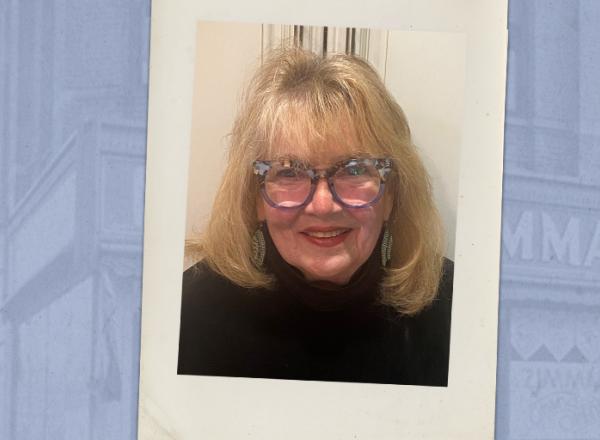
Robert “Bob” Feinberg was born in Chelsea, Massachusetts, in 1931 to Mary Melamed (born 1900 in Russia) and Charles (born in 1898 in Boston). Bob grew up across from the Walnut Street Shul in Chelsea. After earning Master’s degrees from Boston College and University of Rochester, he became a nuclear physicist with General Electric in Schenectady, New York. He married and had two sons. In his interview, Bob tells of his immigrant grandparents’ experiences, and his own experience growing up during the Depression in an observant Jewish family. Among his many colorful memories and stories, Bob describes through a child’s eyes his grandmother’s funeral held in the living room, and recalls being harassed for money by another boy, Albert DeSalvo—who years later was identified as the Boston Strangler. Now living in Niskayvna, New York, Bob speaks movingly throughout his interview of the deep, lifelong impact growing up in Chelsea had on him.
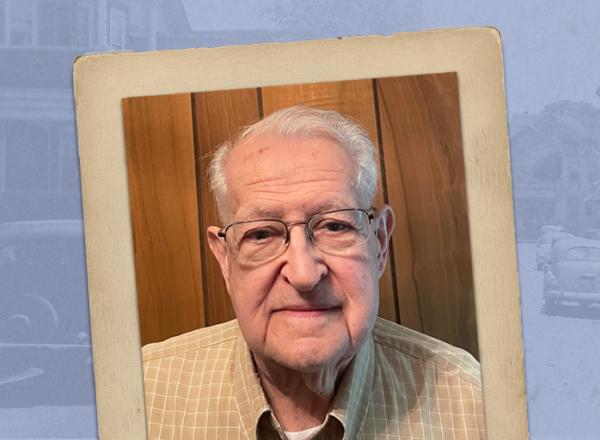
Norman “Norm” Henry Finkelstein was born in 1941 in Chelsea, Massachusetts, where he also grew up. His mother was Mollie (Fox), who was born in Romania (now Moldova), and his father was Sydney Finkelstein, who was born in Kilikiyev, Poland (now Ukraine). After his Chelsea start, Norm was a teacher, librarian, and writer, and he and his wife, Rosalind, had three children. In his oral history, Norm discusses his close-knit, religiously-observant family; how the Jewish character of Chelsea impacted Jews and non-Jews alike; his long affiliation with Hebrew College’s Prozdor program; and how the city of Chelsea has changed from his childhood. Norm lived in Framingham, Mass. until his passing in 2024.
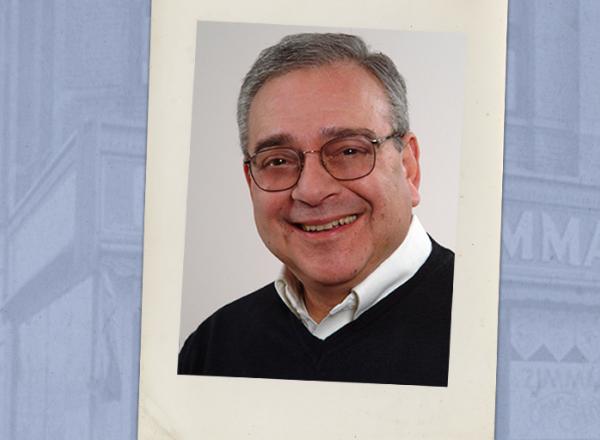
Cheryl (Glassman) Goldstein was born 1950 in Winthrop, Massachusetts, and was raised in Chelsea. Her parents were Sylvia (Weisman) Glassman (born in 1917 in Newark, New Jersey) and Benjamin Glassman (born in 1916 in Chelsea). Cheryl had two children with her husband, Kenneth, and worked as an office manager. She now lives in Peabody, Massachusetts. In her interview, which husband Ken joined, she fondly recalls her grandparents, who lived in the apartment above her family's, and her love of her grandmother’s cooking. She also describes the family store that her father and grandfather ran, with its credit system, home deliveries, and familiarity with its customers. She calls the neighborhood she grew up in her “own little ghetto,” a term she uses positively to indicate an insular, protective neighborhood of Jewish family and friends. Cheryl also recalls attending Shurtleff Street Synagogue, which her grandfather helped found, and speaks of her regret that she didn’t receive more Jewish education or become a bat mitzvah.
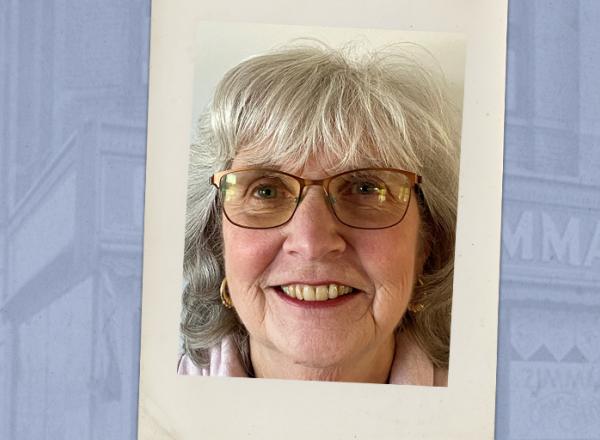
Estelle (Kaufman) Ringer was born in 1926 in Chelsea, Massachusetts, to Anna (Ganick, born in 1901 in Boston) and Abraham Kaufman (born in 1892 in Russia). Estelle had three children with her husband, Morris, and she lives in Dedham, Massachusetts. In her oral history, Estelle tells the story of how her parents met and how her mother lost her citizenship status, unbeknownst to her, when they married because Estelle’s father did not yet have his citizenship. She captures her strong-willed mother and grandmother with such stories as how her immigrant grandmother marched in Boston suffragist parades, and how her mother finally decided to stop keeping separate sets of kosher dishes. Estelle describes her childhood home in close detail; and remembers her bat mitzvah at Temple Emmanuel in Chelsea, an uncommon event for girls in the 1930s. She also discusses her parents’ involvement in Zionism and their concern about what was happening to Jews in Europe during the war.
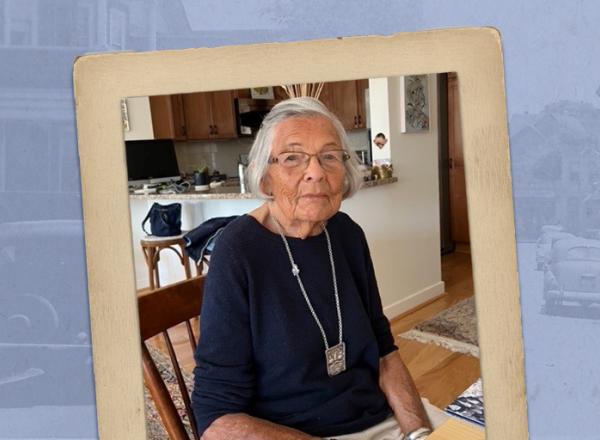
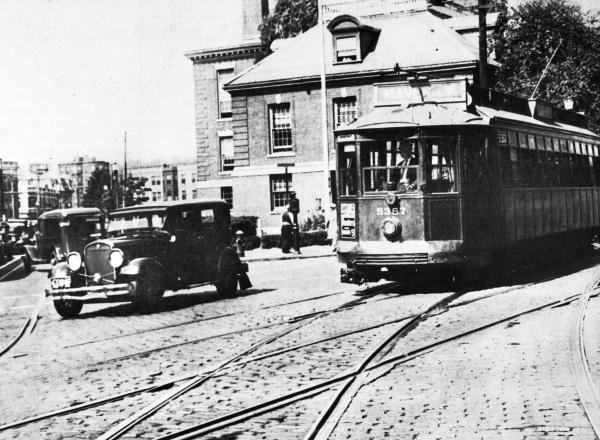
Thank you for visiting! Please consider supporting the Jewish Heritage Center’s work to preserve, explore, and advance understanding of Jewish history and heritage.
Donate Now